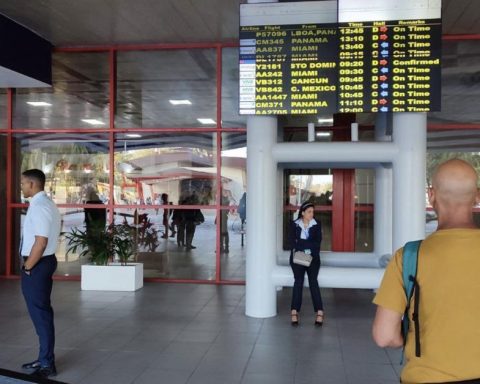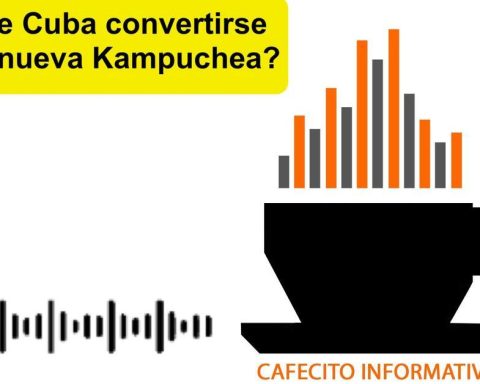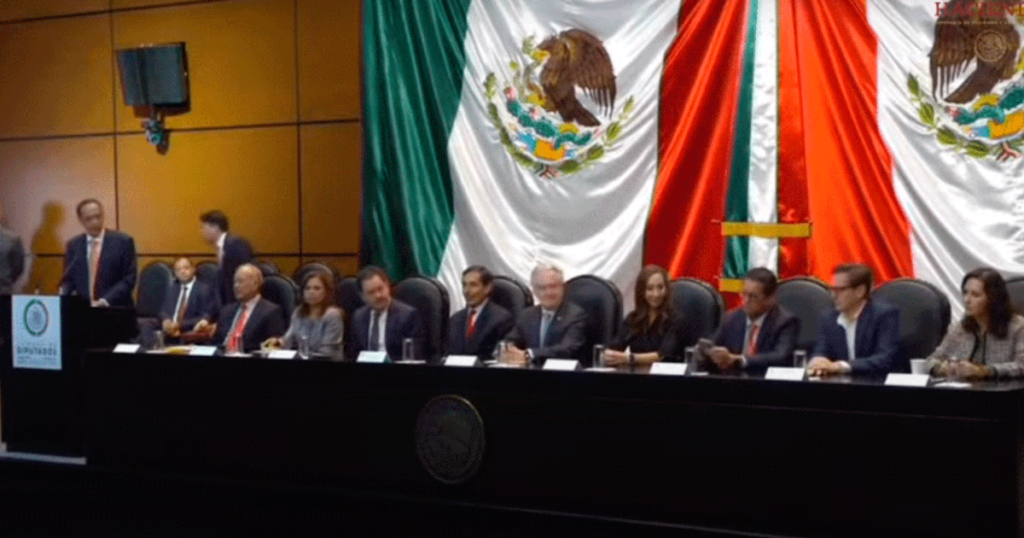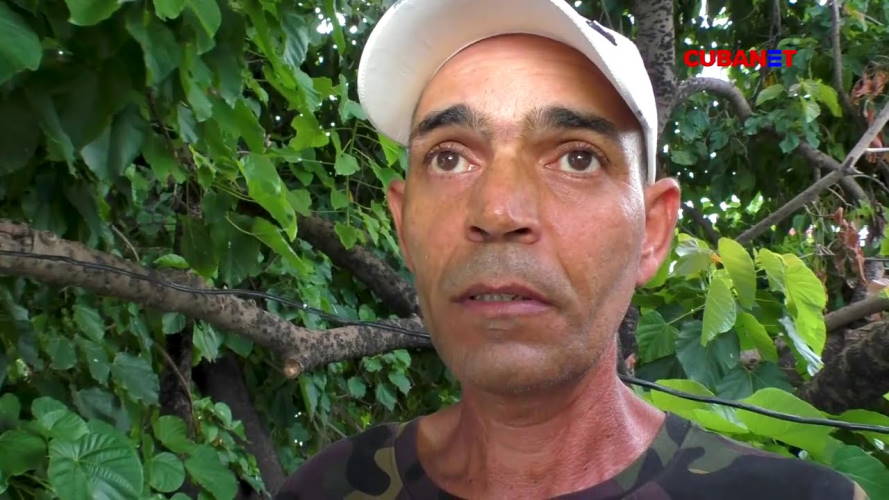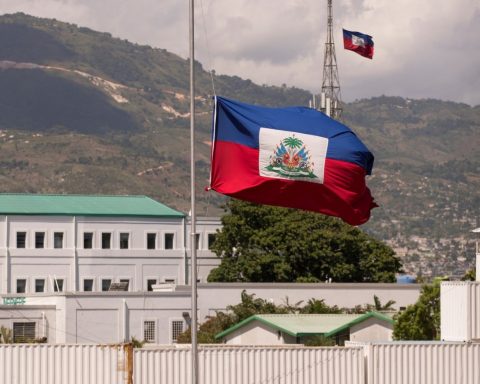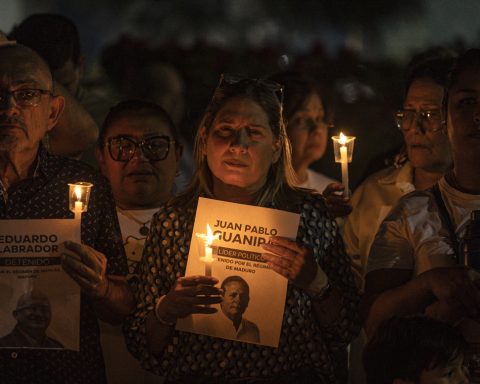Spanish laws provide for the separation of property in marriage since 1889; the Mexicans, since 1927. With a century of delay, Cuba hopes that the new Family Code, which will be submitted to a popular referendum on September 25, grants “greater freedom” to marriage to decide what will happen with their assets , in case of divorce, separation or death of the spouses.
With the signing of a “pact”, the couple will be able to define the economic regime that they will assume once the union is legally recognized, in addition to establishing which assets are their own and which are common. “This offers legal security, avoids future surprises and eases the painful process of separation or divorce,” he says. an article published this Wednesday in the official newspaper Granma.
The explanations on the separation of assets are part of the national campaign that the Cuban government is running to guarantee the approval of the Code. This forecast, as explained in the article, constitutes a step forward with respect to current legislation.
Until now, article 29 of the current Family Code requires considering the resources acquired by the formal couple, exclusively, as “community property”. This obliges the spouses, in case of separation, to share their assets equally.
The new Family Code, he assures, intends to break that “legal tie” and resolve any possibility of dispute even before signing the marriage certificate
In 1975, when this legal body was approved, “the participation of women in paid work was negligible”, justifies the article, for which the Government had to guarantee the “mandatory support of the members after separation”.
However, the current dynamics of life as a couple make this rule anachronistic, so the new Code better responds to “the reality of litigants,” according to Guantanamo judge Yeniseis Palacio Durruthy, interviewed by Granma.
Palacio Durruthy points out that, in many cases, the rule is used by one of the spouses to evade responsibility for their family or validate the waste of “common heritage.” “It could happen that an international collaborator, married and on a mission, had left his partner in the care of the home”, but on his return, the wife had squandered his assets, forcing him with his divorce to hand over even the earnings of his “mission “, says the judge.
Another verified case, according to Palacio Durruthy, is that of citizens who have been away from Cuba for some time, “without directly caring for their family or home,” and who are required by law to “share or compensate their spouse for the time they spent caring for the commons”.
The new Family Code, he assures, intends to break that “legal tie” and resolve any possibility of dispute even before signing the marriage certificate. If approved, the couple can go to a notary and opt for a “mixed regime” or one of “separation of assets”.
In any case, this would not be an obligation of the citizens but “a right that can be exercised or not, at will,” explains Dairon Lorenzo Salazar Caramanzana, a specialist in Criminal Law at Collective Law Firms in Guantánamo.
In addition to redefining the economic regime of the couple, it concludes Granma, the new Family Code will offer possibilities for greater consensus between the couple regarding the order of the children’s surnames, their religious affiliation and family life.
________________________
Collaborate with our work:
The team of 14ymedio is committed to doing serious journalism that reflects the reality of deep Cuba. Thank you for joining us on this long road. We invite you to continue supporting us, but this time becoming a member of our newspaper. Together we can continue transforming journalism in Cuba.


